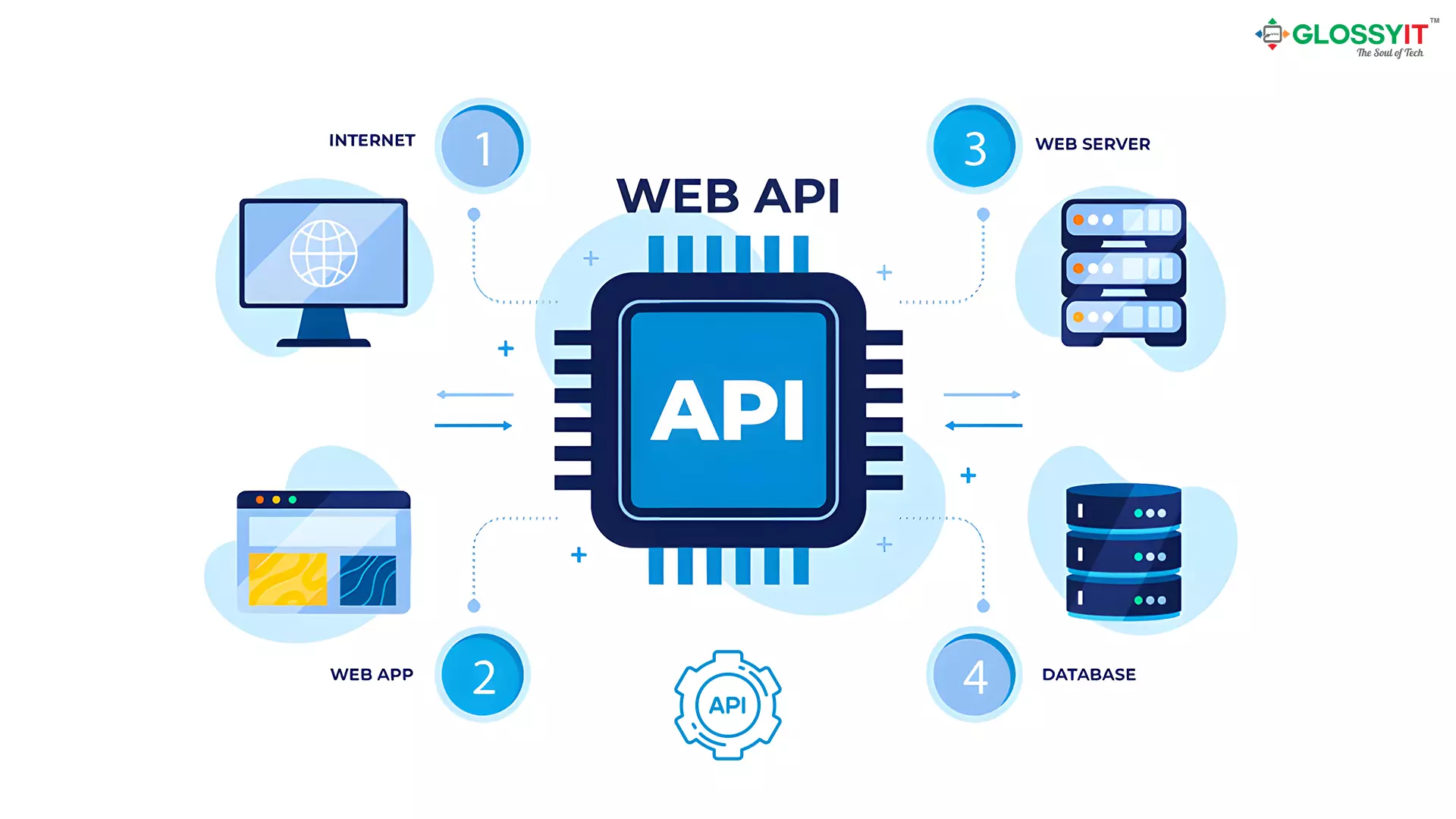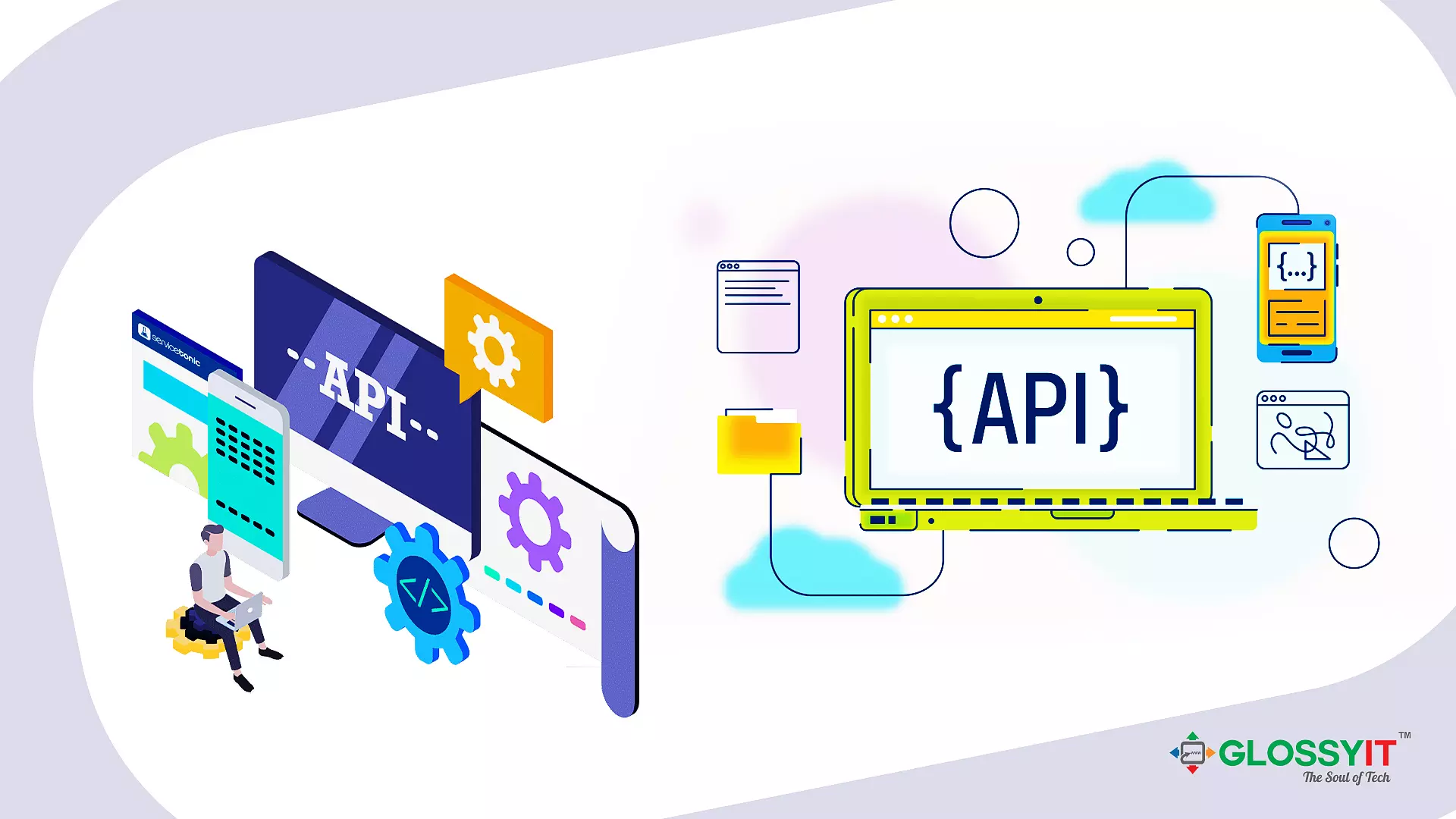- Blog
WordPress REST API for Application Integration

- What is WordPress REST API?
- Benefits of Leveraging the WordPress REST API for Application Integration
- Some Necessary Terms of WordPress REST API
WordPress's power comes from its diverse functionalities, serving as a foundation for countless websites worldwide. It's a preferred platform for businesses and individuals due to its user-friendly interface, customizable themes, and specialized plugins. A crucial aspect of WordPress's success is its REST API.
The WordPress REST API transforms how developers interact with site data, utilizing standard HTTP methods for enhanced flexibility and a dynamic interface. This article will explore how your business can benefit from leveraging the WordPress REST API for application integration.
What is WordPress REST API?
WordPress Representational State Transfer Application Programming Interface or simply WordPress REST API is a commanding tool for transforming data correspondence in web development. This magic tool can streamline content management and find innovative solutions efficiently. Additionally, it can retrieve necessary information from WordPress sites which can be leveraged for numerous application integrations. However, a specialized technical integration is needed to resolve such a crucial issue.

Benefits of Leveraging the WordPress REST API for Application Integration
The REST API of WordPress is a base for elevating the web development process. It offers plenty of benefits like enhancing customization, smooth content management, and creative solutions for different business projects. Some other extraordinary benefits are discussed below:
Increased Flexibility
Leveraging the WordPress REST API can significantly enhance overall flexibility. As the backbone of modern web development, flexibility can bring a new era of dynamism which could elevate tailored solutions for creating a digital landscape. To make this thing work, you can also enjoy the below merits while using REST API:
Strong Endpoint Access
You will be able to use the traditional HTTP methods for a dynamic entry. Also, it is possible to change data with greater flexibility over modification and recovery options.
Ability To Model Content
With this API, you can seamlessly build and manage data for different types of content with proper flexibility in your business projects.
Freedom at Frontend
With a dynamic user user-friendly frontend, you can increase the flexibility of crafting customer-engaging content by leveraging the REST API.
Better System Integration
A consistent communication with extraneous platforms can be executed with seamless system integration. It is only possible with the flexibility of REST API in WordPress.
Smooth Workflow Management
A coherent workflow management can be found from project initiation to finalization with the flexible nature of WordPress REST API.
Smart Content Management
Another key to winning web development is efficient content management. WordPress REST API can also carry out extensive measures to make this happen in the shortest possible time. Some other benefits of the smart content management are:
Uniform Data Operation
WordPress REST API can efficiently integrate applications with standardized data operations. Here the creation, retrieval, updating, and deletion happen as quickly as expected for smart content management.
Flexible Dynamic Post Type
With proper flexibility, you can work beyond the regular work frame with the REST API. This will allow you to enhance your content management capability for building custom post types.
Control of Revision & Version
A smart content management can contribute to controlling revision and versions effectively. This will enable web developers to modify content seamlessly.
Live Content Update
The real-time content update is another advantage of leveraging WordPress REST API as it ensures smart content management by upgrading functions for a better user experience.
Systematic Data Optimization
To execute SEO strategy with more efficiency, you can rely on REST API. This can perform structured data optimization to boost site visibility on search engines.
Inter-Platform Collaboration
Across diverse platforms, a seamless collaboration is a must to verify effortless communication. With RESTful architecture, this can be enacted accurately. Additionally, you can relish a few other features like better integration, better data transfer capability, connected ecosystems, amplified user engagement, and scalable affiliations. However, you can always seek expert assistance if you struggle to achieve cross-platform compatibility for your WordPress site.
Better User Experience
Boosting user experience is one of the core benefits a REST API can offer while leveraging application integration. Fostering personalized content can be a key point in this aspect. It generally comes with several perks like mobile responsiveness, less page load time, customized user experience, instant interface updates, immersive frontend experience, and so on. All of these can happen through REST API which can help your WordPress site to maximize unification for achieving business goals.
Innovation & Superior Scalability
The perks of integrating a RESTful architecture include dynamic innovation and improved scalability. This fosters project expansion and future development. Some other benefits include resourceful project growth, precise scalability, collaborative development workflow, sustainable solutions, routine feature integration, and many more.
At this point, you can successfully implement the WordPress REST API for leveraging application integration. Apart from that, you can enable the web developers to maintain seamless communication between them for formulating proper results.
Some Necessary Terms of WordPress REST API
Some important terms are worth understanding for effectively using WordPress REST API in application integration. Here are some of them:
Request
A Request is a signal that you send to the REST API to specify the type of resource that you want to use on the WordPress database. You can also use this signal to mention what you want to do with it.
Response
After receiving the Request, an API sends back feedback or Response to the sender. This signal contains the requested data and a verification notification for both successful and erroneous messages.
Route
In WordPress REST API, another important term is Route. Generally, it is a URL for locating a resource with the help of WP API. It includes page, post, user, metadata, or other data type.
Endpoint
In Endpoint, you will see that routes are being used here for accessing or changing data by the API. An Endpoint commands a route which is called an HTTP method. Now, there are four types of HTTP methods widely used. These are:
GET
This HTTP method recovers necessary data from the associated servers.
POST
With Post, the data gets added to the server.
PUT
The PUT method is being used for modifying the already existing data.
DELETE
The Delete method removes data from the associated server.
If you still find these methods a bit critical, then you should ask for help from professional WordPress developers who can guide you through the entire REST API process adequately.

How Glossy IT Can Help You Leverage the WordPress REST API for Application Integration?
Glossy IT has a team of experienced WordPress developers who have been serving clients worldwide for numerous REST API-related services. As a result, you can also feel the difference if you choose them as your collaborative partners to solve all your issues and queries regarding WordPress REST API leveraging for application integration.
Give us a shout to learn more about WordPress REST API Development Services.
Summary
To obtain an optimized and fully functional WordPress website, you must give proper attention to building an accurate RESTful architecture. It is a gateway to success as it enables the developers to leverage WP technology beyond regular functionalities. Also, this can help you to collaborate with devs, identify problems, and create customized integrations. Finally, this will ensure smoothness, flexibility, deliverability, and ultimately growth of your business in the long run.

















